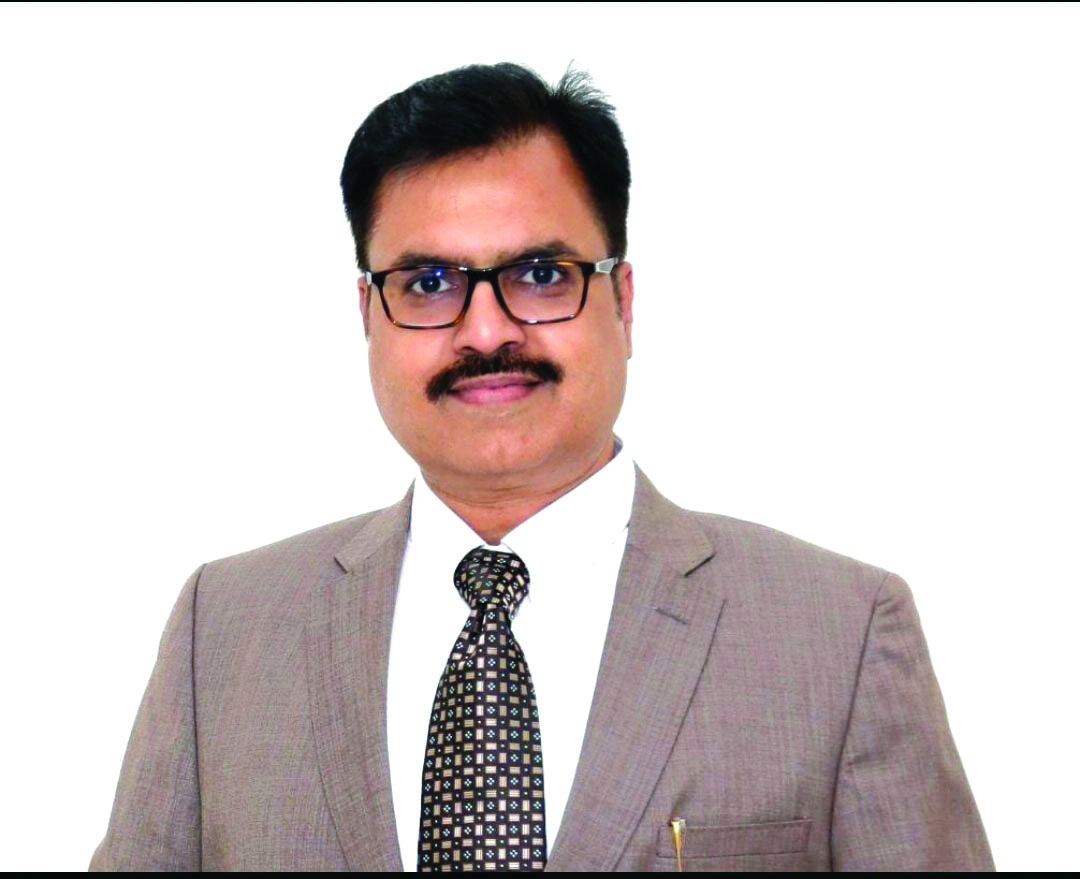Nasrin Modak Siddiqi (Mumbai)

Suraj Mandhare
A scheme under which corporates, individuals and voluntary organisations (NGOs) have been permitted to ‘adopt’ government schools to improve infrastructure and education quality, has provoked widespread protests from government school teachers statewide.
On September 18, the BJP-Shiv Sena government of the state announced the scheme under which philanthropists, corporates and NGOs can provide goods and services for a defined period of five or ten years to a government school of their choice. Cash contributions are prohibited and the school’s name can be changed temporarily, but has to be restored after the contract period ends.
A GR (government resolution) issued by the School Education Department of the education ministry states that the ‘Adopted School Scheme’ will be applicable to government schools of all mediums run by the state and local governments. The objective of this scheme is “to develop a system for repair, maintenance, and painting of school buildings, to help raise the quality and standard of the education system in Maharashtra, to spread education far and wide by increasing student enrolment, and to match the necessary resources for spreading quality education far and wide. Along with quality education, health, hygiene, use of modern technology, sports skills, etc, will be the objectives of the school adoption scheme.”
“Despite spending the largest share of the state budget on education, the infrastructure of government schools is under-provisioned merely because of scale. Maharashtra supports 65,000 government schools with an aggregate enrolment of 22.5 million children mentored by 7.4 lakh teachers, one of the largest primary-secondary school systems countrywide. Since we value our teachers, the most significant part of the state’s education budget is absorbed by teachers salaries and allowances and leaves minimal funds for infrastructure development. This scheme will offer an opportunity to all well-meaning citizens to contribute towards the development of K-12 education statewide,” says Suraj Mandhare, commissioner of education in the state government.
However, several teachers’ oganisations have taken umbrage against this initiative alleging that it could mark the end of the public education system. The Maharashtra Rajya Prathamik Shikshak Samiti (MRPSS), a statewide teachers’ organisation, has staged protests in Wardha, Amravati, and Yavatmal, Sangli, Kolhapur, Washim, Akola, and Chandrapur denouncing the Adopted School Scheme. “Education is every child’s right and public education is entirely the government’s responsibility. Allowing private CSR (corporate social responsibility) contributions from companies and wealthy donors will create an imbalance in the government school system with schools closer to cities benefitting and those in rural belts deprived of similar benefits. It will encourage discrimination within the government school system and widen the urban-rural gap in school education,” says Vijay Kombey, president of MRPSS.
However, according to knowledgeable monitors of the education scene in Maharashtra (pop.115 million) — India’s most industrialised state which needs well-educated school-leavers and graduates to keep its factories and farms running — teachers’ resistance to this scheme is because private sector donors and philanthropists are likely to demand greater accountability from local government officials and teachers who have thus far had a free run in managing the state’s 65,000 government schools. “Maladministration, teacher absenteeism, multi-grade teaching in crumbling infrastructure is rife in government schools. As a result, according to the highly respected Annual Status of Education Report (ASER) 2022, 36 percent of class V children in rural schools can’t read class II textbooks or manage simple computational sums. ASER 2022 also notes that 7 percent of primary schools don’t have separate toilets for girls. Private donors who adopt schools are unlikely to tolerate such neglect and maladministration,” says a professor of sociology in a private college in Mumbai, who preferred to remain anonymous.
Other bona fide monitors of Maharashtra’s education system suffering quota and linguistic chauvinism pressures welcome this overdue initiative to get public education back on track. “This is a welcome initiative. Companies, corporations and NGOs will become a pressure group to raise rock-bottom teaching-learning standards in government schools. With a continuous exodus of students fleeing government schools, it’s important to get philanthropists, NGOs and corporates to lend them a helping hand. It can’t do them any harm,” says Dr. Swati Popat Vats, president of the Early Childhood Association of India (ECA) and indefatigable champion of professionally administered early childhood care, which has been given pride of place in the National Education Policy (NEP) 2020.
But with powerful teachers’ unions ranged against this well-meaning initiative, its future is doubtful.



























